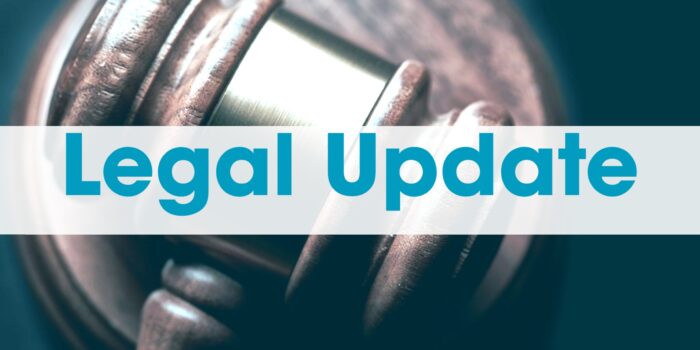 The Consolidated Appropriations Act, 2021 (CAA) amended the Mental Health Parity and Addiction Equity Act of 2008 (MHPAEA) to provide additional protections.
The Consolidated Appropriations Act, 2021 (CAA) amended the Mental Health Parity and Addiction Equity Act of 2008 (MHPAEA) to provide additional protections.
On April 2, 2021, the Departments of Labor (DOL), Health and Human Services (HHS) and the Treasury (Departments) jointly issued FAQs to clarify these amendments.
In particular, the CAA requires group health plans and health insurance issuers to conduct comparative analyses of the nonquantitative treatment limitations (NQTLs) used for medical and surgical benefits as compared to mental health and substance use disorder (MH/SUD) benefits. The comparative analyses, and certain other information, must be made available upon request to applicable agencies beginning Feb. 10, 2021.
If, upon review of the analyses, the Departments find that a plan is out of compliance with MHPAEA, corrective actions will be specified for the plan to come into compliance, which the plan will have 45 days to implement. If the plan is still not in compliance after those 45 days, the plan must notify all individuals enrolled in the non-compliant plan within seven days.
The CAA also requires the Departments to submit certain information to Congress, and make a report publicly available, including:
- A summary of the comparative analyses requested;
- The Departments’ conclusions as to whether each plan or issuer submitted sufficient information to review the comparative analyses;
- For plans or issuers that submitted sufficient information, the Departments’ conclusion as to whether and why the plan or issuer complied with the MHPAEA disclosure requirements; and
- The Departments’ specifications for each plan or issuer that did not submit sufficient information, the actions each non-compliant plan or issuer must take to comply with MHPAEA, and the reason the Departments determined the plan or issuer was not in compliance.
Highlights
The FAQs address the following:
- When plans and issuers must make their NQTL comparative analyses available
- What information plans and issuers must make available
- Reasons why documentation of comparative analyses of NQTLs might be insufficient
- What types of documentation should be made available
- What actions the Departments might take for noncompliance
This Legal Update is not intended to be exhaustive nor should any discussion or opinions be construed as legal advice. Readers should contact legal counsel for legal advice. ©2021 Zywave, Inc. All rights reserved.

